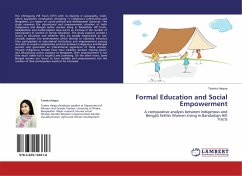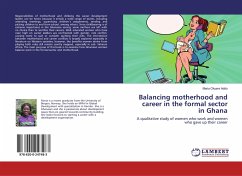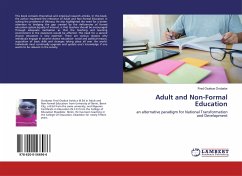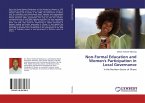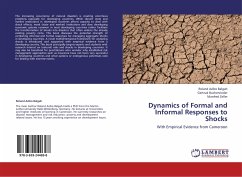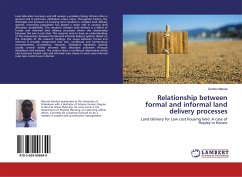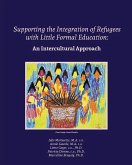The Chittagong Hill Tracts (CHT) with its diversity in geography, multi-ethnic population composition (including 11 Indigenous communities and Bengalees), is a region of crucial political and development discourse. This study examines the educational and empowerment situation of both Indigenous and Bengali settler women living in Bandarban Hill Tracts. Globalization and modernization have led to an increase in the number of participation of women in formal education. The study explores women s access to education and whether they are socially empowered or not, critically assesses the determinants which directly or indirectly influence their participation in educational institutions and empowerment process and aims to reveal a comparative scenario between Indigenous and Bengali women and generated an intersectional experience of these women. Though Indigenous women have more mobility, decision making power and educational access compare to Bengalees, their empowerment is not that much visible but is hopeful and promising. On the other hand, some Bengali women are found to have mobility and empowerment but the number of their participation needs to be increased.
Bitte wählen Sie Ihr Anliegen aus.
Rechnungen
Retourenschein anfordern
Bestellstatus
Storno

